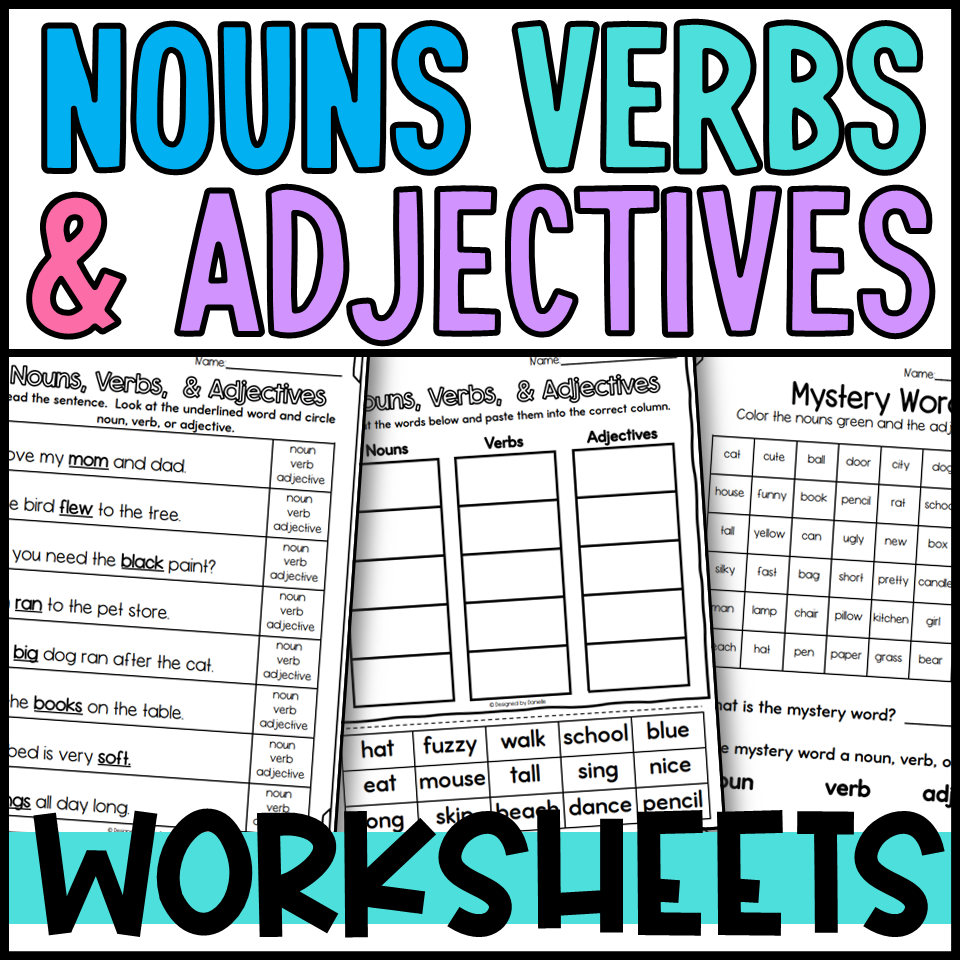Verbs, adjectives, and nouns are fundamental parts of speech that make up the foundation of any language. Understanding the roles and functions of these words is essential for effective communication.
Verbs are action words that express an action or a state of being. They are essential for constructing sentences and conveying meaning. Adjectives, on the other hand, are words that describe or modify nouns. They add detail and depth to our language, making it more colorful and expressive. Nouns are words that represent people, places, things, or ideas. They are the building blocks of sentences and are necessary for communication.
Verbs, Adjectives, Nouns
Verbs are crucial for indicating actions or states of being in a sentence. They can be in various tenses, such as past, present, or future, and can be conjugated to match the subject of the sentence. Examples of verbs include “run,” “eat,” “think,” and “is.”
Adjectives serve to describe or modify nouns, providing more information about the noun in question. They can describe the size, color, shape, or any other characteristic of the noun. Examples of adjectives include “big,” “red,” “round,” and “intelligent.”
Nouns are used to identify people, places, things, or ideas in a sentence. They can be common nouns, which refer to general things, or proper nouns, which refer to specific names. Nouns are essential for constructing sentences and providing context. Examples of nouns include “dog,” “Paris,” “book,” and “love.”
Understanding the roles of verbs, adjectives, and nouns is crucial for effective communication. By using these parts of speech correctly, we can construct clear and coherent sentences that convey our thoughts and ideas accurately. Practice identifying and using verbs, adjectives, and nouns in your writing to improve your language skills and become a more effective communicator.
In conclusion, verbs, adjectives, and nouns are essential components of language that work together to create meaningful communication. By mastering the use of these parts of speech, we can express ourselves more clearly and effectively. Paying attention to the roles and functions of verbs, adjectives, and nouns in our writing will help us become better communicators.
